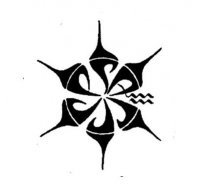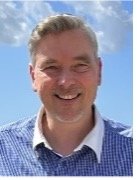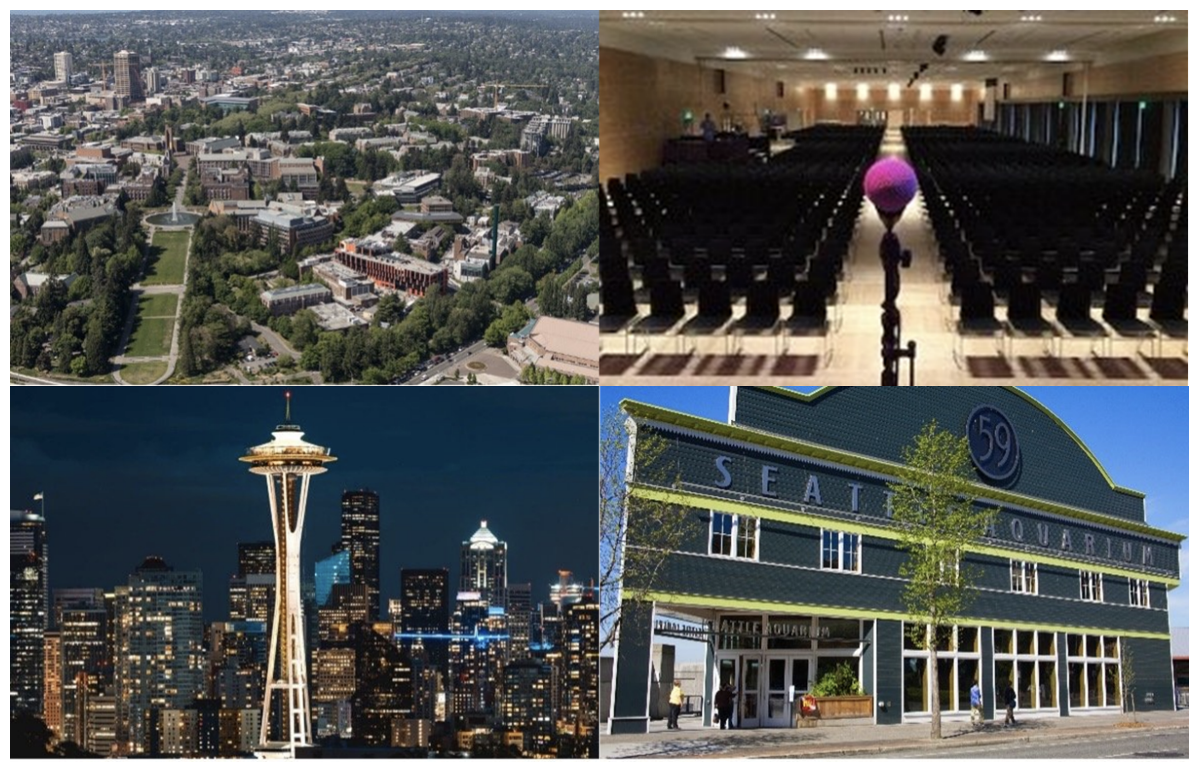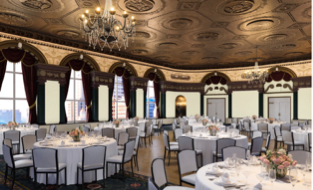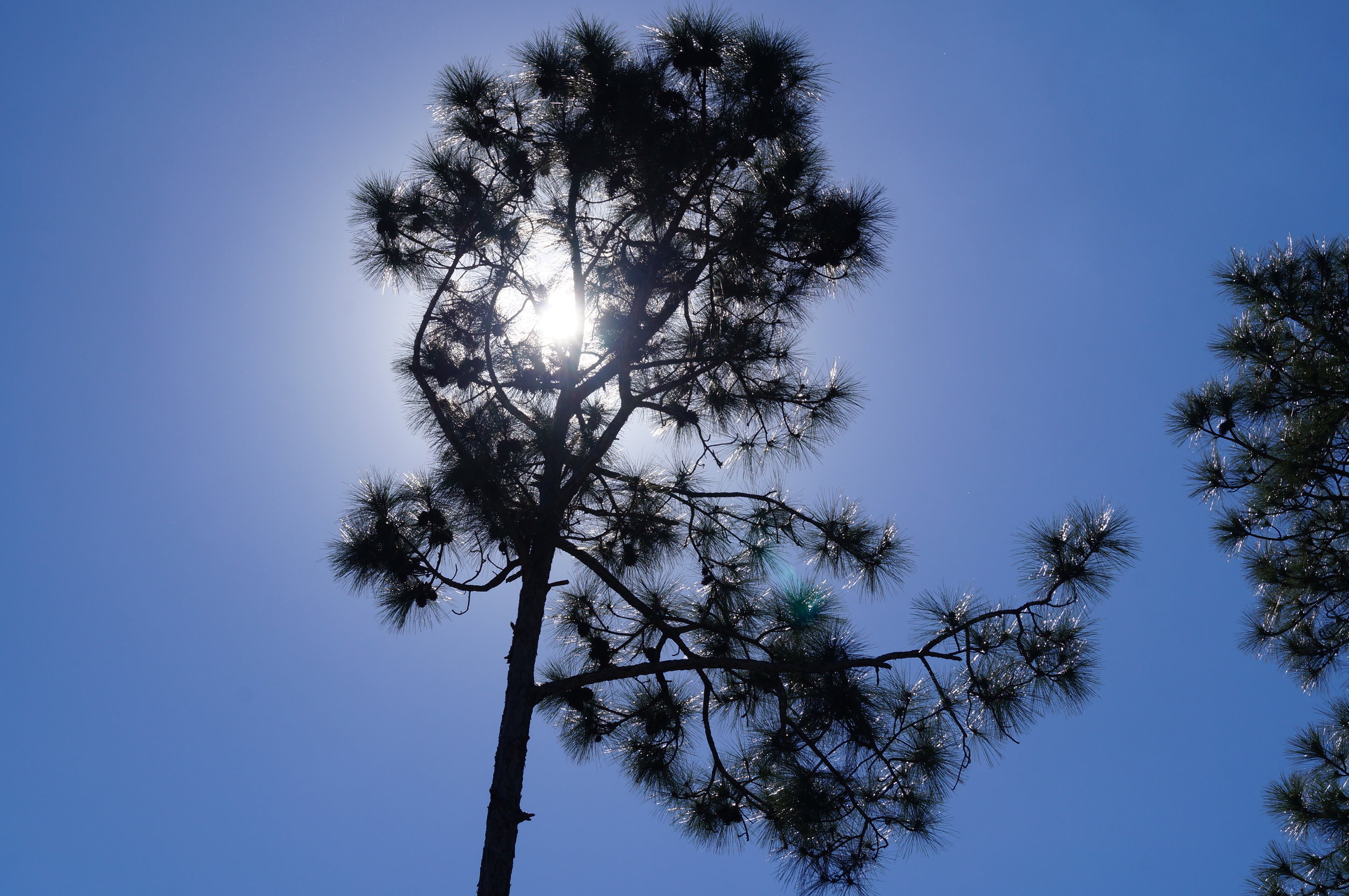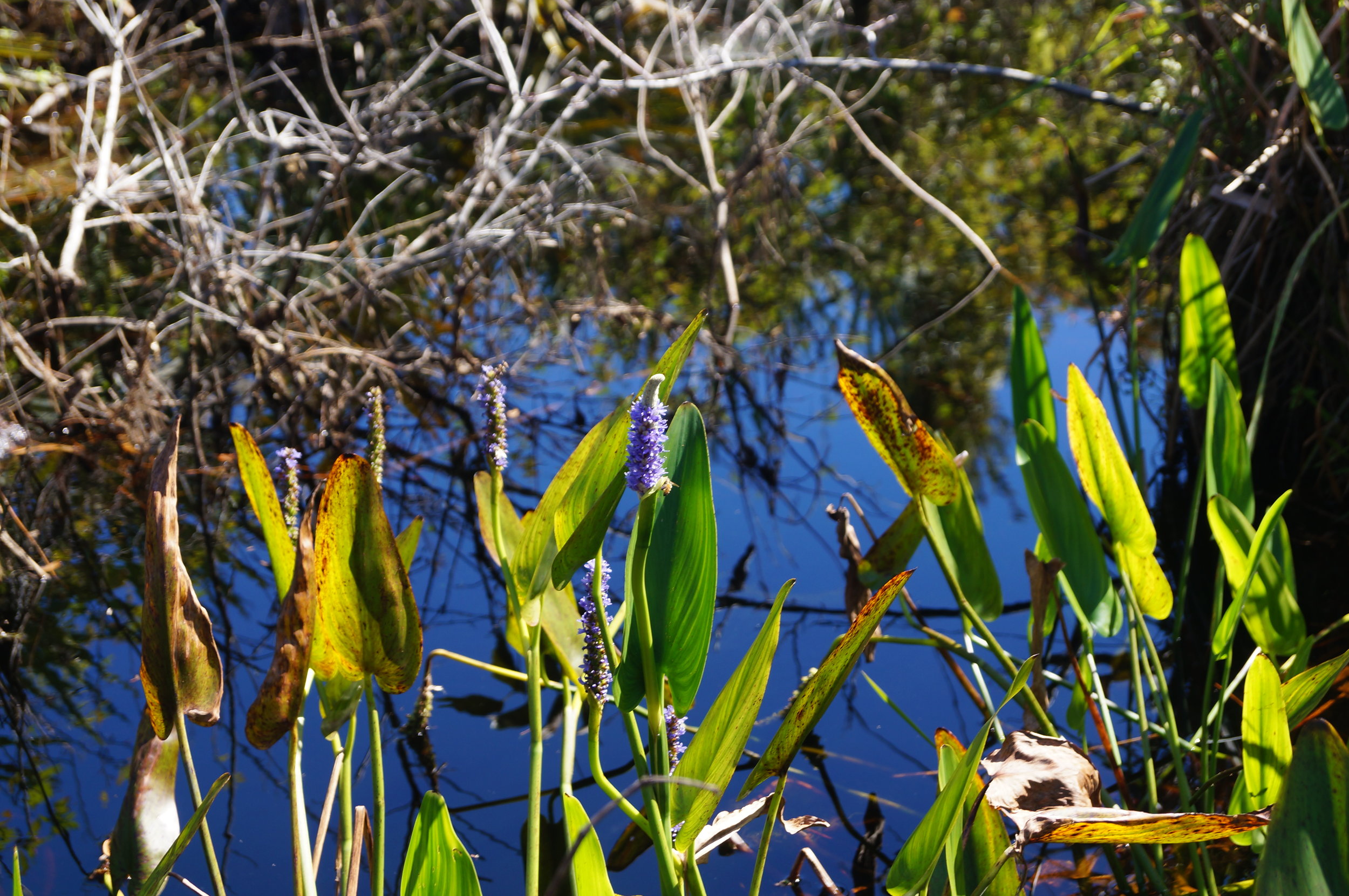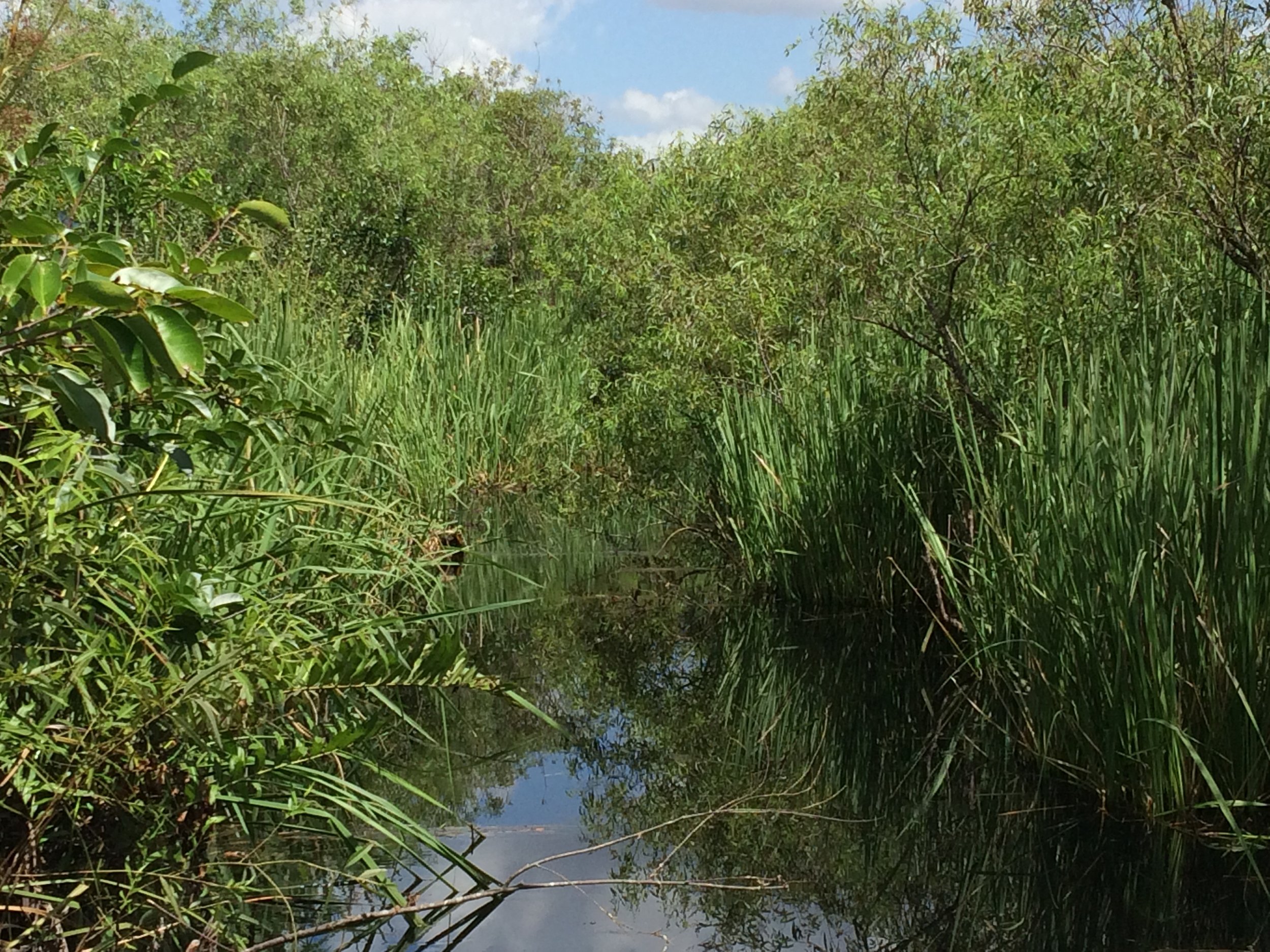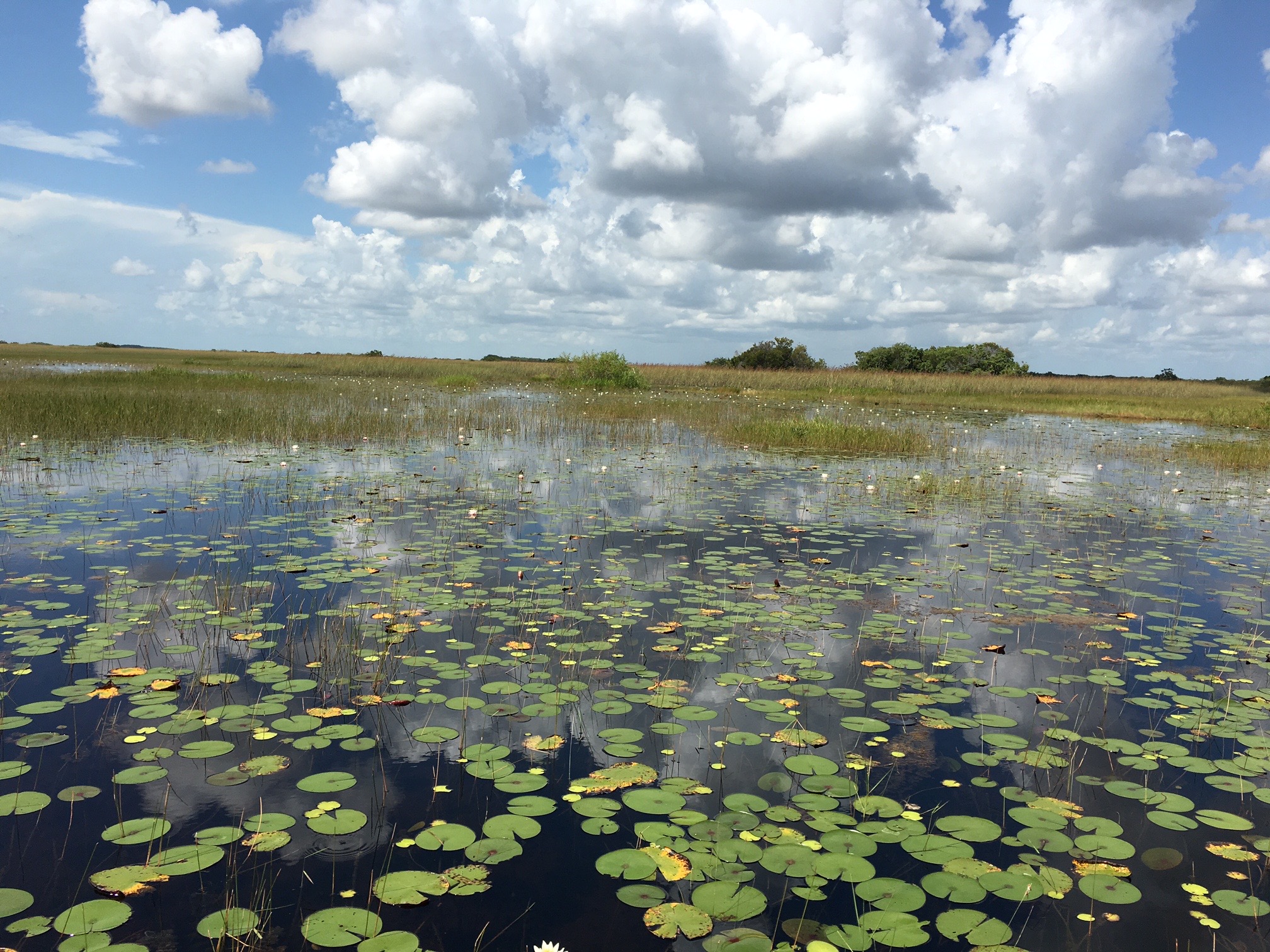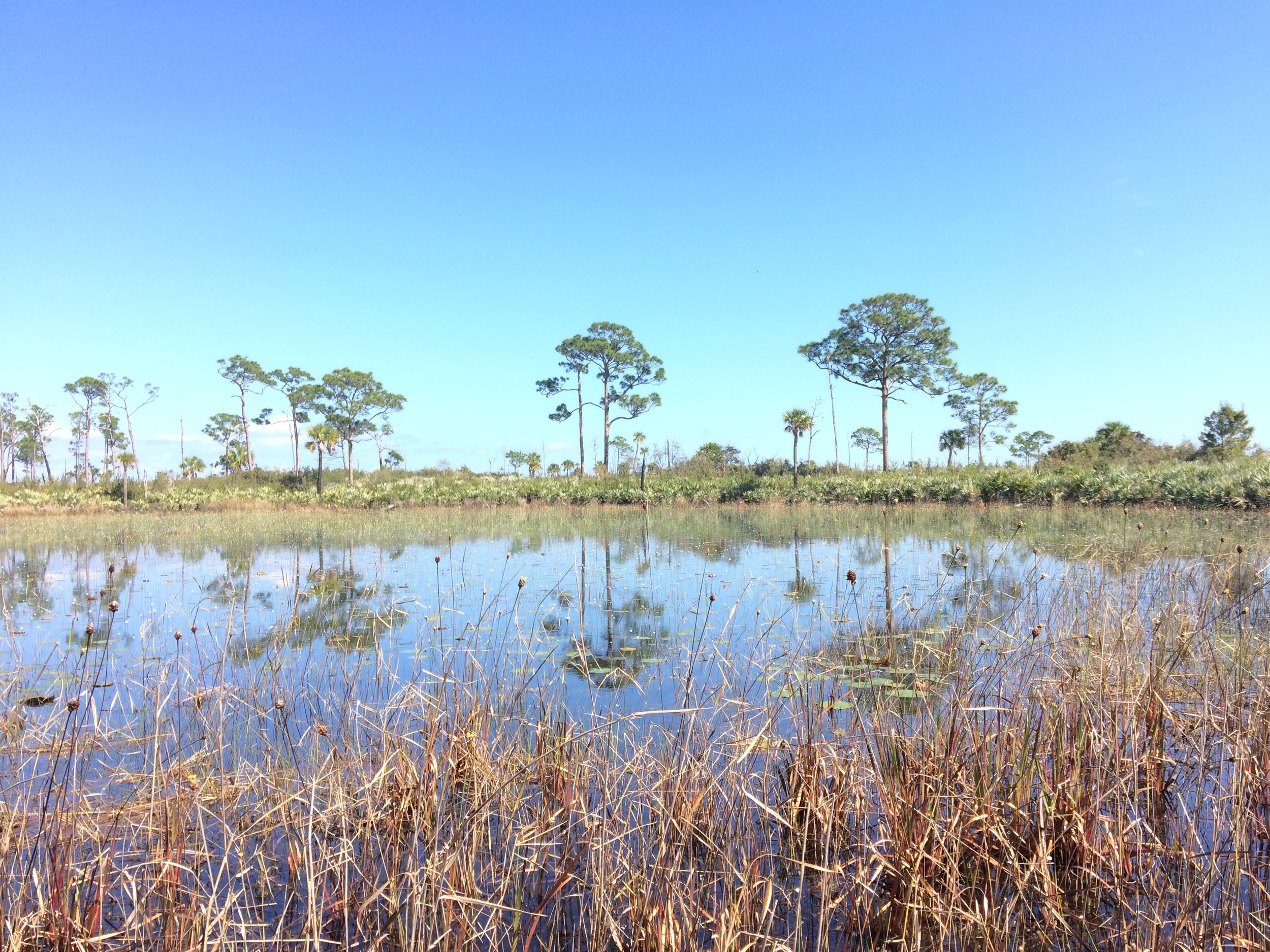2025 July 28th to August 1st – San Juan, Puerto Rico, main event will be at Inter American University of Puerto Rico Metro Campus and the closing banquet will be at Barranquitas campus.
(10) Nuevas Residencias Estudiantiles Inter Metro / New Inter Metro Student Residences - YouTube
Prepare for an unparalleled gathering of scientific discovery and collaboration! PSA 2025 will take place in Puerto Rico from July 28th to August 1st, 2024, hosted by the Inter American University of Puerto Rico, Barranquitas and Metro campuses. This event promises an immersive exploration of innovative ideas, groundbreaking research, and dynamic discussions, bridging the micro and macro worlds of algal science.
Deadline of Call for Abstracts is extended to May 16th.
· Meeting Registration and Abstract Submission
Register and submit your abstract: Meeting Registration & Abstract Submission
· Field Trip Sign-Up
Explore Puerto Rico’s rainforests, labs, or coral reefs!
Reserve your spot: Field Trip Registration
· Housing Registration – NOW OPEN!
Stay on-site for just $88 per person/night
Ø Early check-in: Friday, July 25, 2025
Ø Check-out: Saturday, August 2, 2025
Secure your housing here: Housing Registration
· Field Trip Sign-Up Reserve your spot: Field Trip Registration
PSA Abstract Preparation Guide
Because program abstracts are now being archived along with meeting websites, they have become a resource to be consulted by the phycological community. Thus, the Scientific Program Committee is resolved to pay close attention to all submitted abstracts. An abstract should be informative and representative of the presentation, emphasizing data and results rather than methodology. Abstracts containing text such as "...data will be presented..." or "...conclusions will be discussed..." will be returned to submitters for revision.
All abstracts must be in English, using metric units. Do not include illustrations, figures, or photos. Please prepare your abstracy, labeled the filename as (Last name)_(First & Middle initial)_(Presentation type) (e.g., Huang_IW_oral).
Adhere to the following format, as demonstrated in the Sample Abstract below. Submissions that do not follow this format will be returned to authors for revision or may be rejected for consideration in the Scientific Program.
Authorship
Please use initials only for authors’ first and middle names. If individuals are authors on multiple abstracts, please be consistent in the formatting of their names (i.e., use of middle initial, suffixes such as Jr., III, etc.). Include contact emails for all authors.
Title
The title of the abstract must be in ALL CAPS and must not exceed 160 characters (including spaces).
Abstract Body
The body of the abstract must adhere to a maximum count of 1600 characters (including spaces), exclusive of title and author citations.
Example
Huang, I., Texas A&M University-Corpus Christi, Center for Coastal Studies, United States, wade76924sci@gmail.com; Zimba, P. V., Texas A&M University-Corpus Christi, Center for Coastal Studies, United States, paul.zimba@tamucc.edu
CYANOBACTERIAL BIOACTIVE METABOLITES – IS THERE A BETTER SYSTEM FOR CLASSIFICATION
Cyanobacteria, such as Microcystis, can produce a large number of secondary metabolites. Odorous metabolites affect the smell and flavor of aquatic animals, whereas bioactive metabolites cause a range of lethal and sub-lethal effects in plants, invertebrates, and vertebrates, including humans. To date, cyanobacteria are known to produce over 150 classes of bioactive compounds; however, several classes shares similar structures, thereby confusing readers. A recent reanalysis reduced the current known 157 bioactive classes to 55 classes by the structure similarity and bioactivity. This reanalysis provided a basis for more formal procedures to adopt a logical naming system. This reanalysis is needed for management of water resources to effectively communicate risk of lesser known but highly abundant compounds by knowing the right class/activity associated with each compound.
More questions, please contact Wade Huang - wade76924sci@gmail.com.
Tentative Schedule
